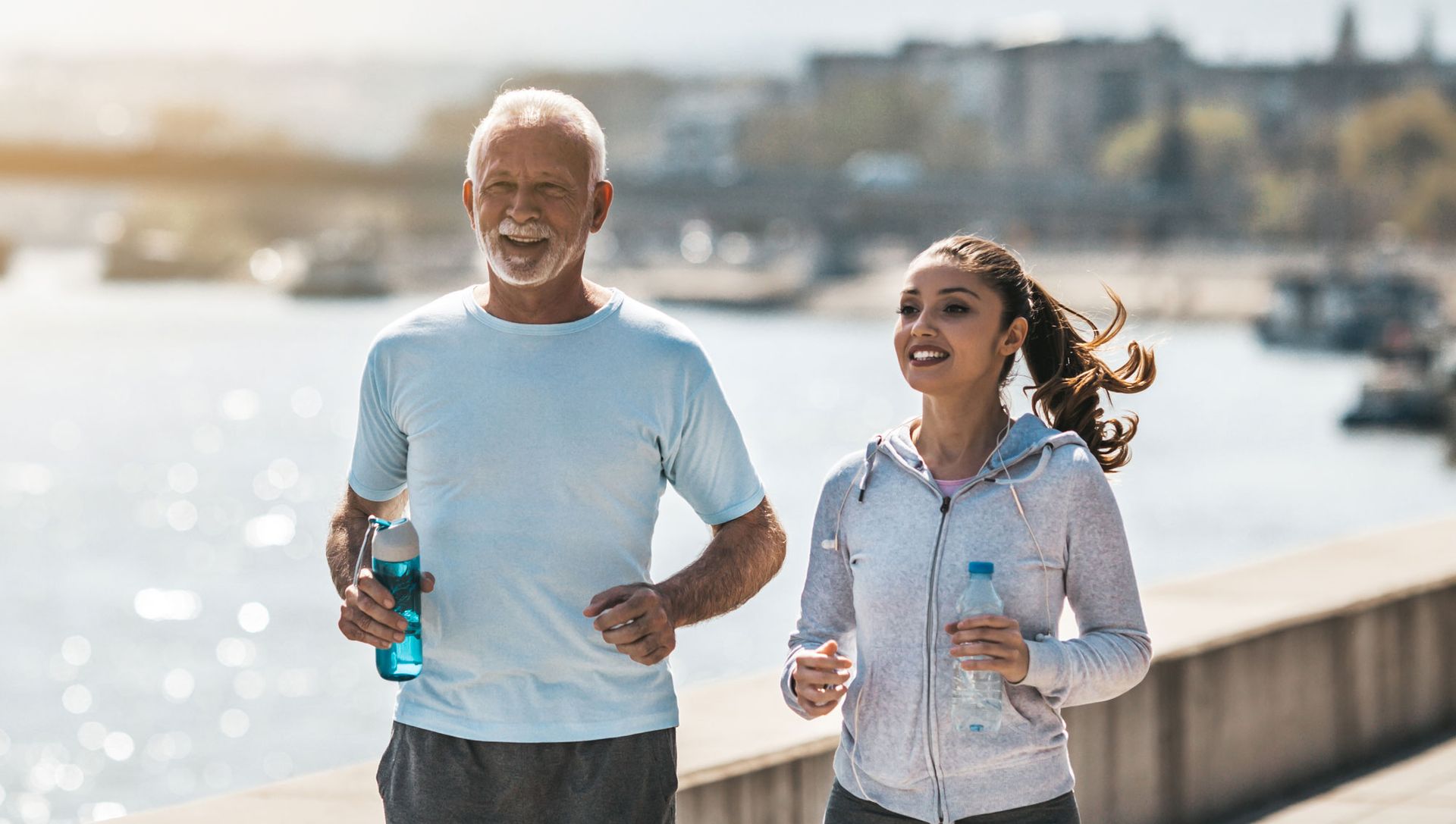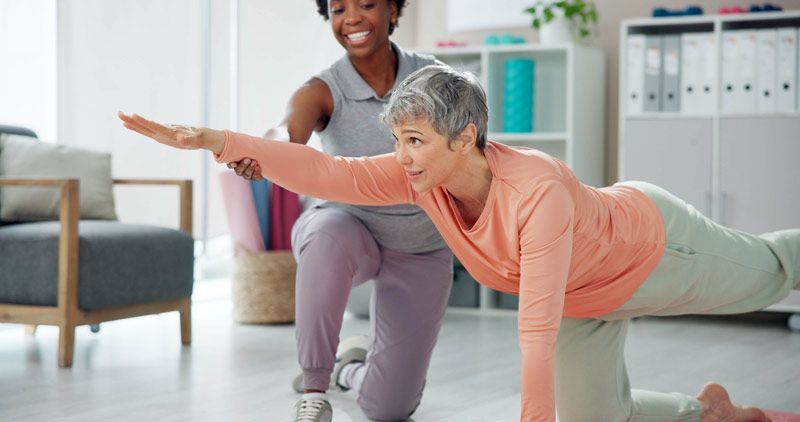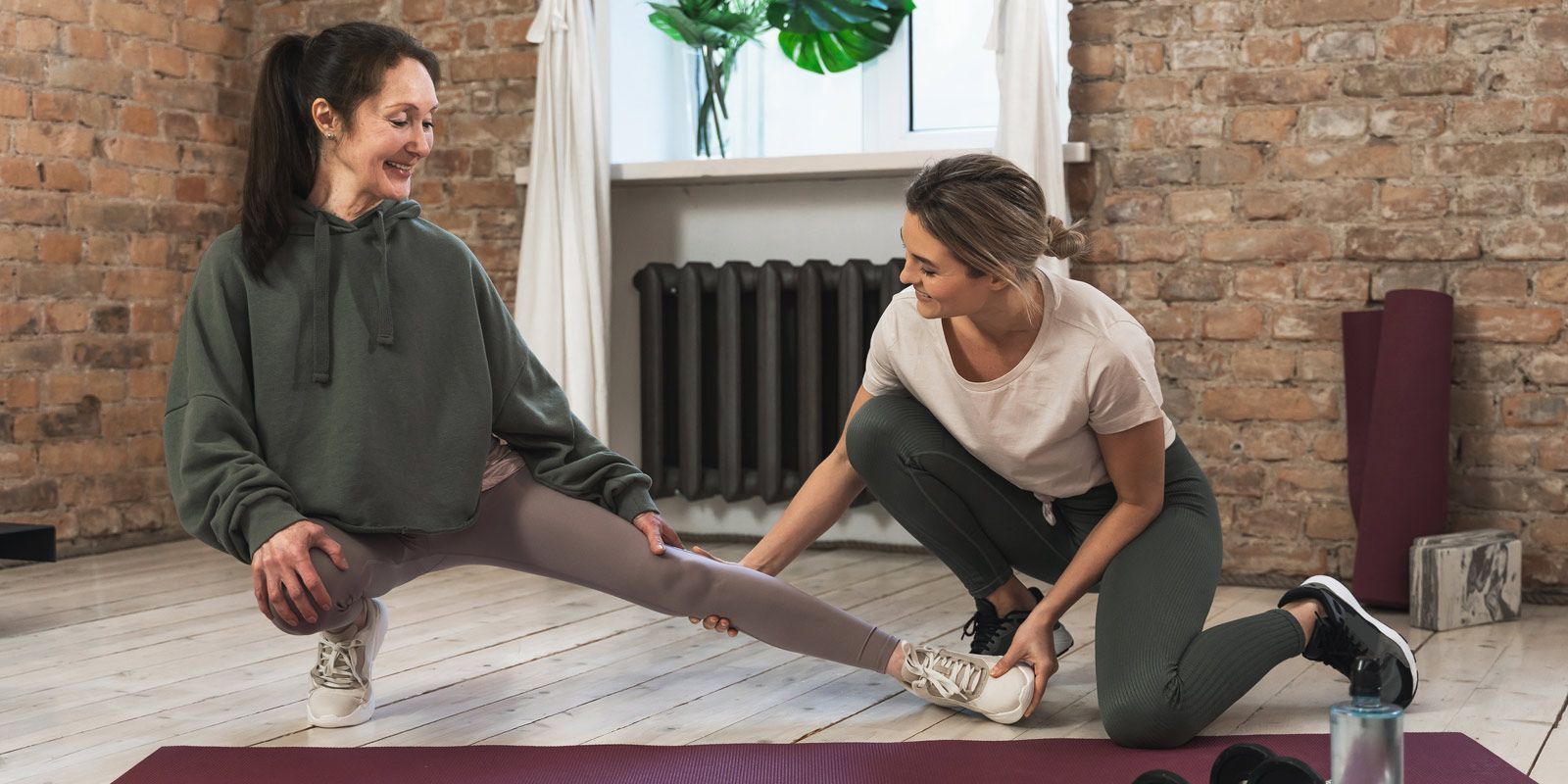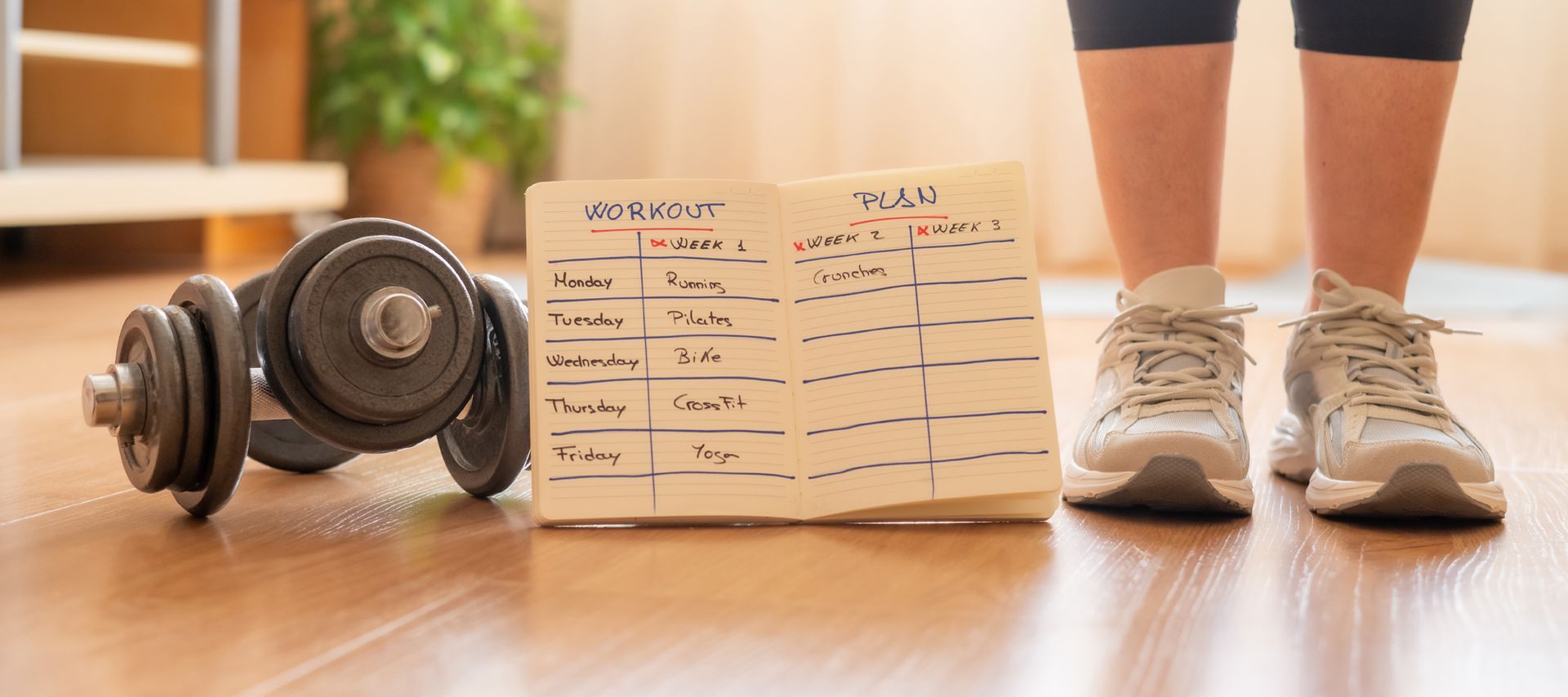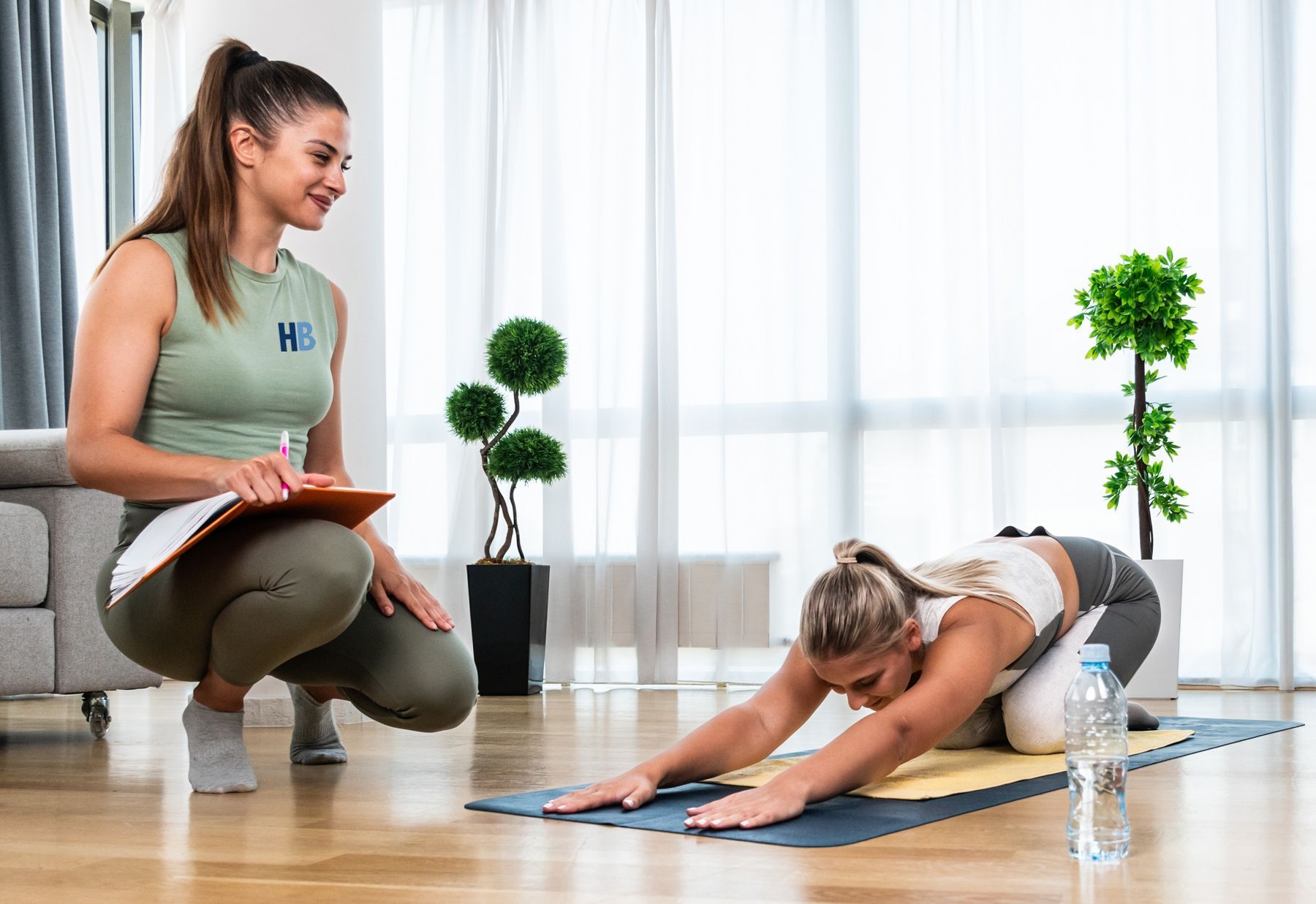How Exercise Helps Eliminate the Blues
Everyone should know about the benefits of exercise on mental health and how to incorporate more physical activity into daily life.

Mental health concerns like anxiety and depression affect millions of people. Problems like these can become severe enough to disrupt daily life. Medical solutions exist to help control these conditions, but people can do things for themselves to improve their mental health. Exercise could be the solution for those who need a mental health boost. People can safely incorporate physical activity into their lives and use it as a stand-alone anxiety and depression treatment or alongside other treatment methods. Everyone should know about the benefits of exercise on mental health and how to incorporate more physical activity into daily life.
Instant Body Response
Exercise causes chemical changes in the brain that help people feel better emotionally and mentally. The changes caused by physical activity include increases in serotonin, reductions in stress hormones, and an endorphin boost. Endorphins are feel-good hormones that produce an analgesic effect that helps the individual feel a sense of well-being.
Physical activity can also give participants a break from the worries that intensify their anxiety and depression. The focus on physical activity stops the brain from cycling negative thoughts. The time away from these thoughts can allow people to develop innovative ideas for solving their concerns or gain a better perspective on their worries.
Exercise can also help relieve skeletal muscle tension. The body's natural response to stress is to become tense or to tighten the muscles. Long-term stress that causes muscle tension can lead to a buildup of lactic acid that causes pain, fatigue, joint stiffness, and muscle spasms. Continued episodes can make this problem a chronic health issue that can enhance the stress the individual experiences. Relaxing the tension through exercise can relieve these feelings of physical discomfort.
Improved Self Confidence
Exercise enables people to improve their physical appearance and develop a sense of accomplishment. These benefits help the individual feel stronger physically and emotionally. This strength gives them the confidence to manage life challenges more effectively. Looking better physically can also boost self-confidence and help alleviate anxiety.
As people become more active, they often participate in more things that allow them to interact with others. This provides an added benefit as studies on the impact of socializing have shown it has the potential to improve mental health. Exercise keeps people busy and focused on their physical well-being. The effort expended on gaining better physical health may prevent some from using more harmful methods of stress relief (that often add to depression) like, eating unhealthy foods or consuming alcohol.
Better Overall Health
Exercise aids people physically, but the benefit affects more than outward appearances. Exercise increases mobility and reduces inflammation through better blood circulation. People who exercise will often experience fewer illnesses and less pain because the reduction of inflammation in the body can help strengthen their immune system. These improvements also aid mental well-being, as sickness and injuries can lead to depression. People who exercise regularly also have less risk of experiencing sleep disturbances. Adequate sleep is vital for good mental and physical health.
Healthier Routines Established
Anyone with a sedentary lifestyle can make slight changes to benefit their health. Short bursts of activity, as little as 15 minutes a day, can provide benefits. Starting small and slowly building up activity levels can enable people to stay dedicated to the process. However, attempting too much physical activity after long periods of sedentary behavior could cause disappointment and potentially cause injuries.
Experts in a study published by JAMA Psychiatry said 15 minutes of intense exercise or one hour of low-impact activity could reduce the risk of depression by 26 percent. Any activity like walking in the park, tending a garden, or doing housework can be the first step in breaking away from an inactive lifestyle.
Increasing Exercise Commitment
The insecurity or fear people feel as they begin a more active lifestyle can fade away when they have help. Personal trainers have affordable rates that fit into nearly any budget. In addition, the guidance of a professional can prevent injury and ensure the most effective workout. Many people also appreciate the opportunity to have this help in the privacy of their homes instead of at a gym where they feel out of place. Home Personal Trainers also offer their clients the benefit of having someone in their life that keeps them accountable for staying on target with their fitness goals.
Exercise can produce improvements in the body, mind, and spirit. People should start slow, choose exercise options they like, and find someone to help them stay accountable to the goal. Over time, the benefits can help people potentially lower their medical bills, feel happier, and live a longer and more satisfying life. Anyone with severe depression or anxiety should seek professional assistance to ensure their condition stays controlled and they are not in danger before continuing with an exercise regimen.
